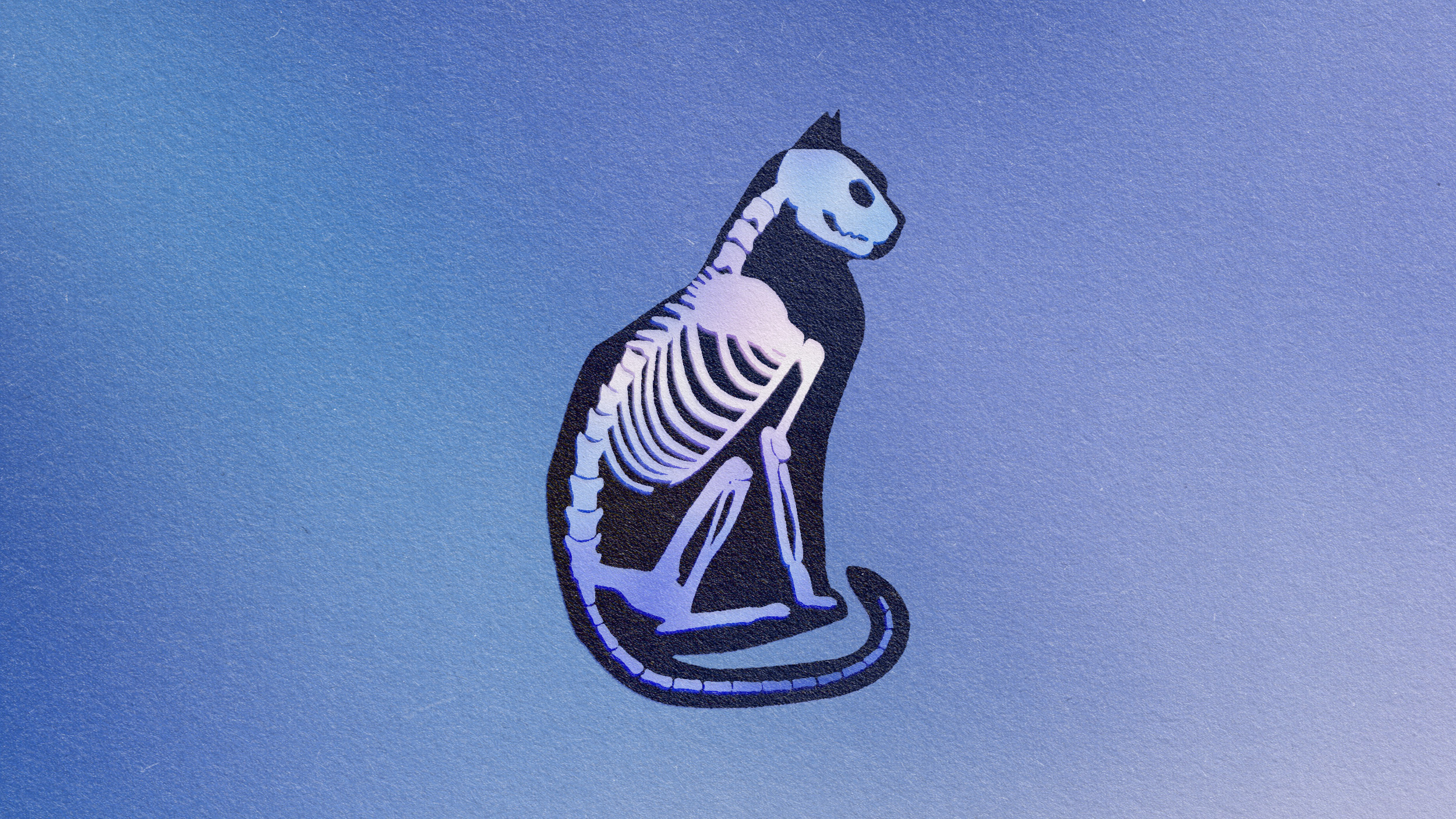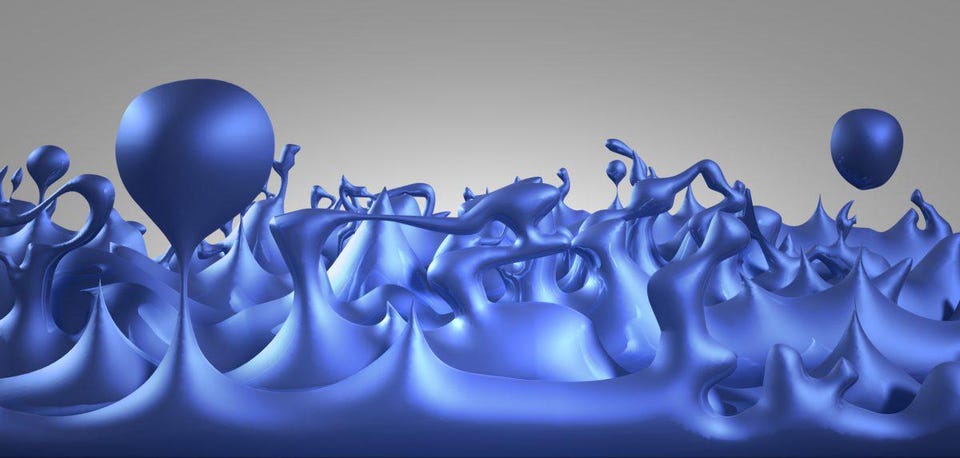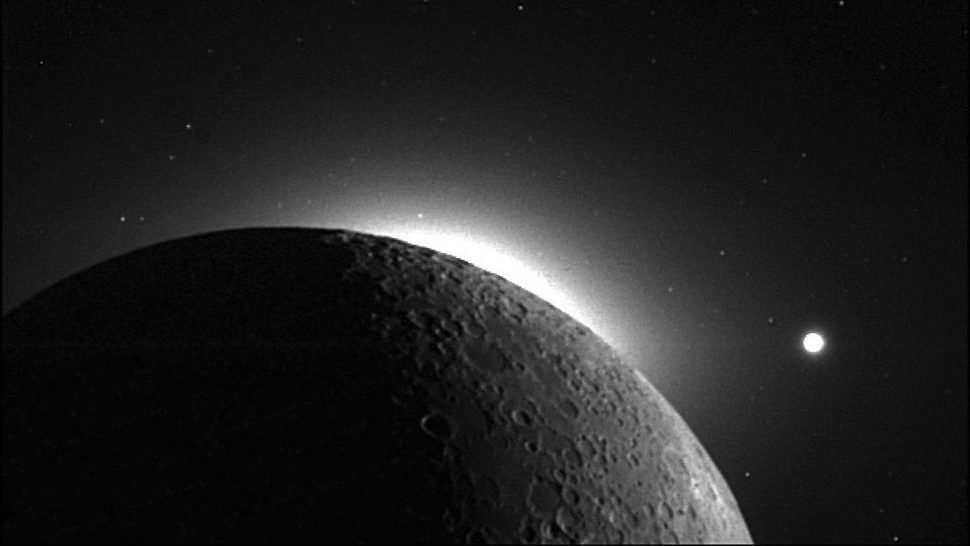Science writer George Musser discusses the essence and nature of science, emphasizing its purpose as a means to understand and create a consistent view of reality. While we often imagine science geniuses such as Einstein as lone rangers in their field, scientists continuously share and refine ideas among colleagues, underlining the importance of friendships and trust in discoveries.
Such relationships enable the initial testing of concepts in a supportive environment before they face the broader, often critical scientific community. Citing Einstein’s interactions with Niels Bohr, Musser illustrates how even foundational principles, like the Heisenberg Uncertainty Principle, were continually probed and questioned — not out of disbelief, but out of a quest for deeper understanding.
However, not all scientific dialogues result in consensus. One study suggested that the most innovative scientists often remain firm in their views, hinting that a certain degree of stubbornness might be beneficial for scientific progress. In essence, the rigorous, collaborative, and sometimes contentious interactions among scientists are fundamental to advancing knowledge.
George Musser: What is the purpose of science? It is to create a view of reality. It is to create a stable view of reality, understand why things happen in the world; a view that kinda transcends the everyday vagaries of life. The sun will rise, the rain will fall, the ball will travel in an arc.
At least in physics, these are the things that occur, despite all the other noise, and joy, and vagaries of living in the world, the experience that we have. There's some rock solid kind of root to what's going on in the world, and we expect physicists to find that. So we usually think of the theoretical scientist, the theoretician, sitting, working a pen and paper, blackboard, today, a computer mathematic or a math lab, and they produce equations, and they change the world by the power of their individual thought. But science is a deeply collaborative enterprise, and I've always been struck when I see physicists in action how much they are teaching one another. They're at blackboards, explaining an idea to a colleague. Then I see them at another blackboard an hour later, explaining the very same idea to a different colleague in different ways. Then they give a presentation. Then they write a draft of a paper. This is a social enterprise, and they kind of go back and forth between the individual sitting, struggling against the brick wall, banging their head against it, trying to make sense of reality, and the collaborative, social side of things.
So one thing that's crucial to that is that all scientists have to gather around them some kind of friend group. So science, probably more than a lot of jobs, really depends on strong, personal friendships among people. And one reason for that is, a, it just makes things a lot more fun, that you're working with people that you admire and who admire you, but also, just at a practical, mechanistic level, these are the first line of people that you can try ideas out on. And they won't say, "God, that's the dumbest idea I've ever heard!" They're gonna say, "Well, I'm not so sure about that idea." They're more sympathetic to you. You feel easier broaching ill-formed, or dumb, or just incomplete ideas with them; before it kind of propagates out into what can be a very vicious marketplace of ideas, and very unforgiving one, that is beyond those immediate circle of people. And sometimes these idea isn't located in either person's head, but it's kind of floating in the space between them, and each person's kinda contributing to it, and the idea is growing and growing and growing.
Einstein, for one, loved it. He reveled in this kind of intellectual play. So he had a series of very famous encounters with Niels Bohr at a series of meetings in the '20s and, well, really in the '20s. In the '30s, things kind of all fell apart, for Europe in general, but certainly for the German science community. So in the '20s and the teens, he went to these conferences and would encounter these other scientists, who just didn't accept what he was saying. And they would go off, and usually off the record, and these have had to be reconstructed by historians, had these intense debates, over breakfast, over wine, over just walking down the street.
Einstein would engage in these kinds of intellectual games, really, with Niels Bohr and the other scientists. And there were some famous episodes, where Einstein, for instance, tried to question the Heisenberg uncertainty principle. And he would come up with, "Aha! Here's a way to get around the Heisenberg uncertainty principle." And then Niels Bohr would stay up all night, and come back the next day and then say, "Well, nope, that won't work." "Ah, here's another one!" said Einstein. And Niels Bohr would go back and figure out a way it didn't work. And they would go back and forth.
And what's funny about this, in a way, is that Einstein really never really doubted the uncertainty principle. He accepted it. He accepted it, at least maybe not from the very beginning, but once the mathematics was worked out, he accepted it. And yet, he kind of poked and prodded at it, because he thought such a strange feature of reality, that it's uncertain, it's indeterministic, should have some deeper meaning. And he tried to pick, poke that principle and explore it from different sides to ascertain the meaning. So you need that kind of competitive idea-building. And I wouldn't necessarily call it adversarial, because Niels Bohr and Einstein considered themselves, considered one of their close friends.
When Bohr came to Princeton, Einstein gave Niels Bohr his office and said, "Here, you work in my office. I'll go sit in the assistant's office. I'll sit where the secretary sits." I mean, they were really close. And Bohr reciprocated that. Bohr thought very highly of Einstein. He considered him a friend. As frustrated as Bohr sometimes could get with Einstein's ceaseless questioning, he loved it. So physicists are, like every scientist, are engaged in an intense dialogue and interaction with their peers, with their colleagues, and people further afield. That does not, however mean they convince each other. Sometimes they don't, or sometimes they stake out positions and hold to those positions.
And there's actually a very interesting study done by a sociologist, I think it was in the early '70s, of scientists involved in the Apollo program, the "Moon shots." And they actually did a lot of interviews and surveys of the different scientists who were studying the Moon rocks and the geology of the Moon. And one thing they found is that the most creative scientists were the most stubborn. They were the ones who were least likely to change their opinion and reaction to other people. So you don't want people folding too soon, you don't want people just caving in right away. People should stand their ground and let the idea sink or swim, rather than fail to give it the due that it needs. It's just amazing the kind of intellectual play that physicists engage in, and that is essential to the progress that they make.





